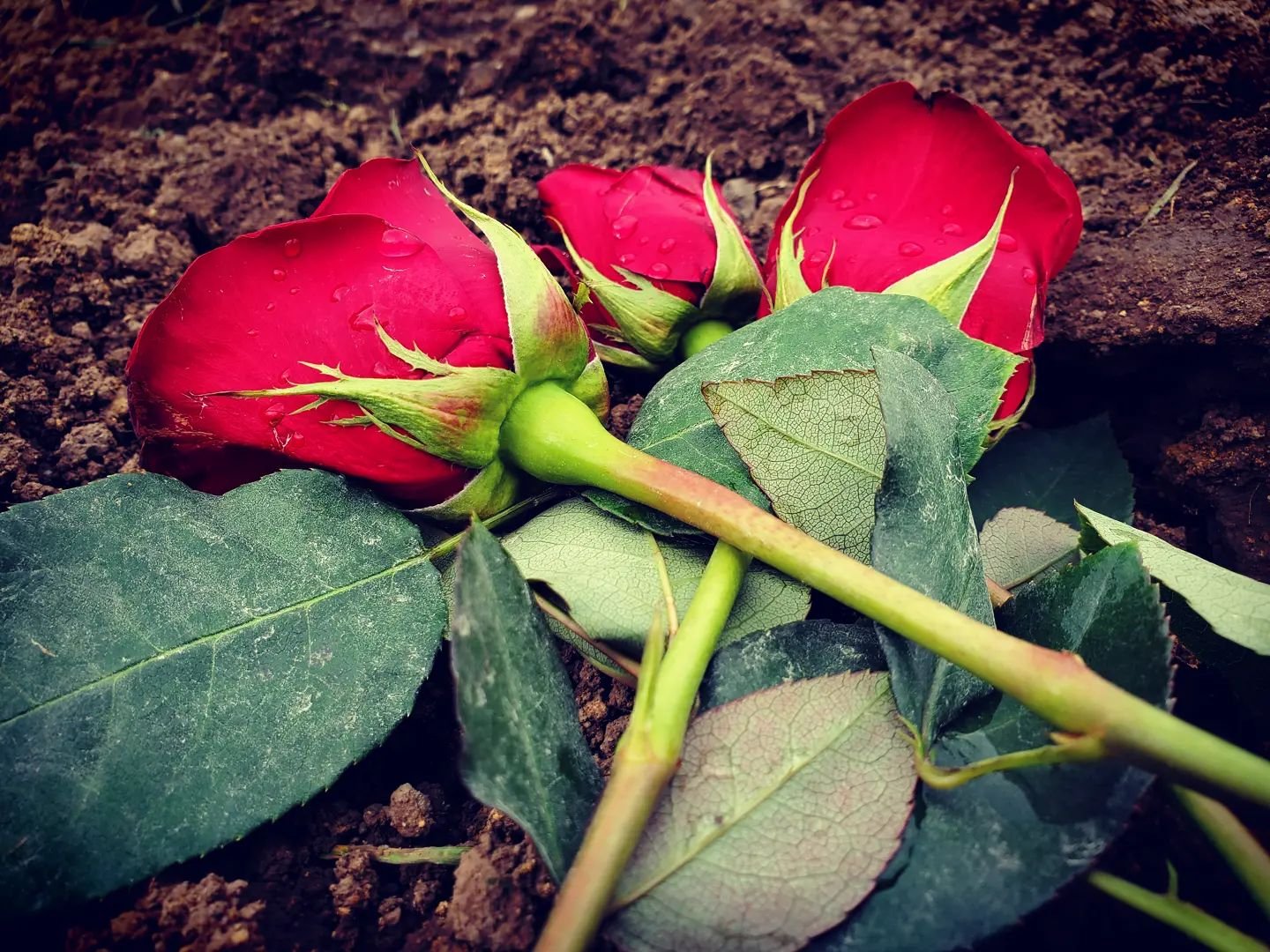The Painful Decision of Equine Euthanasia - When It Is Time to Rest
Euthanizing a cherished horse is a profound and emotionally challenging decision that requires careful consideration and open communication with your veterinarian. Wrestling with this decision is natural, and seeking support from understanding friends and family who appreciate your unique emotions with your human-animal bond can be invaluable.
The process of euthanizing horses is emotionally taxing for both veterinarians and horse owners. Veterinarians are typically drawn to their profession due to a deep empathy and love for animals. Euthanizing an animal patient goes against the veterinarian’s innate desire to heal and aid animals, and they fully understand the weight of euthanasia with its emotional impact on the owner. The veterinarian is saddled with a personal responsibility to guide owners and other decision makers through this most difficult process. Veterinarians have quite often formed considerable emotional connections with the horses they treat, and during these challenging times for owners, they often experience their own emotional turmoil while still offering their best guidance and comforting, rooted in medical expertise and empathy.
We often don’t have any choice as to if and when euthanasia of our beloved animal should be done. In cases of a horrific accident or an immediate life-threatening condition such as colic, euthanasia may be the only humane consideration. In the cases of old age or long-term conditions such as cancer or laminitis, we are faced with the decision of when is the appropriate time to euthanize not wanting to do it too soon nor wait too long. It is something for which you can make a well-informed judgement based on the assistance and, maybe less-biased/emotional guidance of your veterinarian, trainer. family, and friends. Ultimately it is fundamentally about your horse’s quality of life and the un-likelihood of a satisfactory recovery. Approaching the euthanasia decision is best accomplished with proper information.
A focus based on minimizing the animal’s discomfort and suffering, can help you make the most compassionate choice for your horse's final days. Proper forethought and planning ahead could simplify difficulties in promptly securing a veterinarian when needed, to prevent prolonging discomfort and avoidable suffering. Furthermore, waiting too long as the animal is obviously approaching its ultimate demise might lead to an abrupt and uncomfortable passing for the horse, possibly alone and in pain. Opting for euthanasia provides the opportunity to be present if you so choose with your horse during its final moments. In critical situations however, a more immediate intervention of a veterinarian becomes indispensable and your emergency will be accorded the highest priority as soon as circumstances allow it.
Fortunately, the actual euthanasia process is relatively simple, quick, and pain-free for the horse. After selecting a suitable place, we generally sedate the horse, then lay it down using the same general anesthetic medications as we would use for a routine surgery. Once the horse is lying down and comfortable, we quickly administer the euthanasia substance which is a big ‘overdose’ of pentabarbitol, formerly a widely used general anesthetic, and the anticonvulsant phenytoin. The animal quietly passes within several seconds often taking only just a few final breaths.
When the time is right or you have questions and concerns, please reach out to our office, and Oakhurst Equine will be there for you, ready to help with information and guidance needed as well as accommodating your preferences. When the decision is made, you can opt for us to come to your location, or you may choose to bring your horse to our farm. You and your horse are our priority. We encourage you to plan ahead and give some thought to your desire for your horse's remains after their passing. We work closely with Equidae Logistics, LLC, a licensed and local woman-owned business – Andrea can guide you through the options of pick-up and hauling via Standard Care of Remains, or go through your Cremation options if that’s the right path for you. You may also of course choose to bury the animal on your property or use a transporter of your choice.
Grieving takes a unique course for every individual. Recognize and embrace your emotions, particularly considering the substantial role your horse has played in your life. Allow yourself the space to honor the cherished memories and moments you’ve shared together.
Oakhurst Equine Veterinary Services office@oakhurstequine.com 503-554-0227
Equidae Logistics LLC equidaelogisticsllc@gmail.com 503-967-7487

